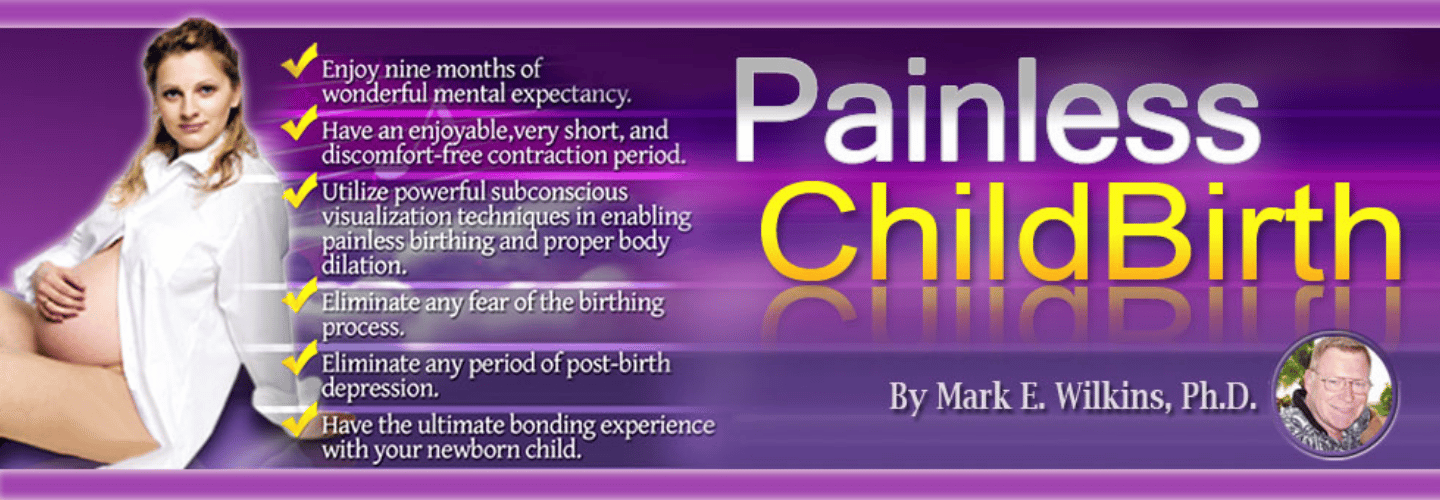
Hypnotherapy's role in childbirth has garnered attention for its potential to reveal the delivery experience into a more manageable and even painless event. By tapping into the power of the mind through relaxation and focus techniques, hypnosis offers a unique approach to alleviating labor discomfort. Understanding how hypnotherapy influences pain perception and neural pathways during childbirth opens up fascinating possibilities for enhancing maternal well-being. The exploration of hypnotherapy in the context of childbirth exposes a promising avenue for those seeking a calmer and more empowered birthing journey.
Hypnotherapy for Labor Pain Relief
Hypnotherapy for labor pain relief offers a non-invasive and potentially effective approach to managing discomfort during childbirth. Studies suggest that hypnosis for pain management during pregnancy and childbirth can play a significant role in reducing emotional stress, maternal fear, and the need for pharmacological pain relief methods such as epidural analgesia. Antenatal training programs incorporating hypnosis interventions focus on enhancing maternal mood, reducing anxiety, and addressing the affective aspects of pain experienced during labor.
Research comparing hypnosis with control groups has shown that there is no significant difference in satisfaction with pain relief between the two groups. However, the use of pain relief medication during labor tends to be lower among women who undergo hypnotherapy. This highlights the potential benefits of incorporating hypnosis into childbirth education programs to help women better cope with labor pain and potentially reduce the reliance on traditional pain relief methods.
Benefits of Hypnosis in Childbirth
The utilization of hypnotic techniques during childbirth has been linked to a range of advantageous outcomes for women in labor.
Studies indicate that women who undergo hypnosis during labor may experience a reduction in the need for analgesic medications and interventions. This offers a non-pharmacological pain management option, potentially leading to more comfortable births.
Hypnosis in childbirth has also been associated with quicker delivery processes and a more natural birthing experience for some women. Research suggests that hypnosis can play a role in reducing brain activity in pain processing regions, which may contribute to enhanced pain relief during labor.
Neurophysiological Mechanisms of Hypnotherapy

Building upon the understanding of how hypnosis influences brain activity during childbirth, neurophysiological mechanisms provide valuable insights into the analgesic effects and altered perception associated with this technique. Hypnosis impacts neural activity in various brain regions, such as the limbic system and sensory cortex, playing an essential role in pain modulation.
Here are five key points regarding the neurophysiological mechanisms of hypnotherapy:
- Hypnosis induces focused attention, diminishing awareness of external stimuli, which can lead to behavioral and perceptual changes without conscious effort.
- The cingulate cortex, involved in pain modulation, plays a significant role in the analgesic effects of hypnosis during childbirth.
- Studies suggest that hypnosis can decrease pain perception and anxiety by altering neural activity patterns in regions associated with pain processing and emotional responses.
- Neurophysiological findings indicate that hypnosis can complement traditional pain management strategies, potentially reducing the need for additional interventions during labor.
- By suppressing neural activity in pain-related brain regions, hypnosis offers a promising approach to enhancing the birthing experience through its neurophysiological effects.
Enhancing Birthing Experience With Hypnosis
Utilizing hypnotic techniques in childbirth has shown significant promise in enhancing the overall birthing experience for mothers by providing effective pain management and promoting relaxation. Hypnosis offers a non-pharmacological approach to pain management during childbirth, potentially reducing the need for analgesic medications.
Studies have indicated that hypnosis can contribute to a quicker and more comfortable birthing process by fostering relaxation and decreasing anxiety levels. By focusing on altering perceptions of pain, enhancing mood, and reframing the birthing experience as positive, hypnosis techniques aim to positively impact the overall childbirth journey.
These techniques can be administered through hypnotherapy by a trained practitioner or through self-hypnosis methods taught to mothers for active involvement and control. Research underscores the efficacy of hypnosis in pain management during labor, suggesting that it holds significant potential in enhancing the birthing experience for mothers seeking a more comfortable and empowering childbirth journey.
Hypnotherapy for Natural Pain Management

Amid the spectrum of natural pain management strategies for childbirth, hypnotherapy emerges as a compelling method offering effective relief and empowerment to laboring women. Hypnotherapy in childbirth can reduce the need for analgesic medication and interventions, providing a holistic approach to pain management.
Studies indicate that utilizing hypnosis during labor can result in faster and more comfortable births, enhancing the overall birthing experience. This alternative to standard medical care is effective in managing pain during childbirth, potentially reducing the rates of epidural usage among women.
Additionally, hypnotherapy training has been shown to effectively lower pain and anxiety levels in laboring women, promoting a sense of calm and control during the natural birth process. By incorporating hypnosis techniques, women can enhance their comfort during childbirth and approach labor with increased confidence and relaxation.
Frequently Asked Questions
What Is the Most Painless Birth Method?
The most painless birth methods often incorporate a combination of natural breathing techniques, relaxation practices, and the use of positive affirmations and visualization exercises. These methods focus on enhancing the mind-body connection, promoting deep relaxation, and managing pain effectively.
Controlled breathing, guided imagery, and hypnotherapy benefits can also play a significant role in reducing discomfort during labor. Embracing these holistic approaches can contribute to a more comfortable birth experience for many women.
What Is the Hypnosis Birth Method?
The hypnosis birth method encompasses a range of techniques aimed at enhancing childbirth experiences. These include utilizing hypnosis techniques, relaxation exercises, mental conditioning, breathing techniques, visualization methods, and labor support.
Through the power of hypnotherapy, individuals can manage pain effectively during childbirth by fostering a strong mind-body connection. This method has shown benefits in reducing anxiety, pain, and the reliance on traditional pain relief medications, making it a valuable tool for childbirth preparation.
What Are the Effects of Hypnosis in Regard to Childbirth?
Hypnosis during childbirth offers numerous benefits by leveraging the mind-body connection through relaxation techniques, pain management, and mental preparation.
It involves focused breathing, visualizations for labor, self-hypnosis skills, coping strategies, and fostering an empowering mindset.
These elements collectively contribute to reducing anxiety, fear, and enhancing mood during labor.
Can You Give Birth Without Feeling Pain?
While childbirth is typically associated with pain, some women report experiencing reduced or even painless births through the use of natural techniques such as:
- Mind-body connection
- Breathing exercises
- Visualization techniques
- Relaxation techniques
Incorporating positive affirmations, hypnotherapy benefits, and proper childbirth preparation can further enhance pain management during labor. Additionally, having strong labor support can contribute to a more comfortable birthing experience.
Conclusion
To sum up, hypnotherapy offers an effective and natural approach to managing childbirth pain and promoting a positive birthing experience. By reducing fear, anxiety, and pain perception during labor, hypnosis can lead to a quicker and more comfortable delivery while decreasing the need for pharmacological pain relief methods.
For example, a recent study found that women who underwent hypnotherapy during childbirth reported notably lower levels of pain and greater satisfaction with their birthing experience compared to those who did not.





